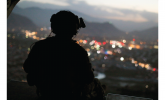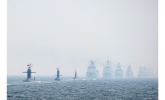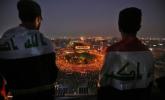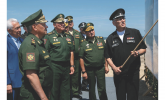The PLA’s Evolving Outlook on Urban Warfare: Learning, Training, and Implications for Taiwan
April 21, 2022 - ISW Press
The People’s Liberation Army (PLA) has been increasing its study, training, and preparation for future urban warfare over the past decade. The PLA has limited experience with urban warfare and so often relies on observations of other militaries to inform its outlook. Among the drivers for this interest in urban warfare is that any Chinese campaign to force “(re)unification” with Taiwan could involve intense fighting in Taiwanese cities. The current edition of the Science of Military Strategy mentions an urban offensive (城市进攻) as a component of island operations (岛上作战) but does not elaborate on the conduct of such an offensive, likely because of the sensitivity of this scenario. This campaign could present a particular challenge, given that over 90 percent of Taiwan’s population lives in cities. Beyond the possibility of invading Taiwan, the Chinese Communist Party (CCP) is also concerned about terrorist threats, whether real and imagined, within China’s cities or against the security of Chinese citizens and businesses worldwide. Meanwhile, the conduct of urban counterterrorism has become the focus of several exercises and exchanges undertaken by the PLA and the People’s Armed Police (PAP).









